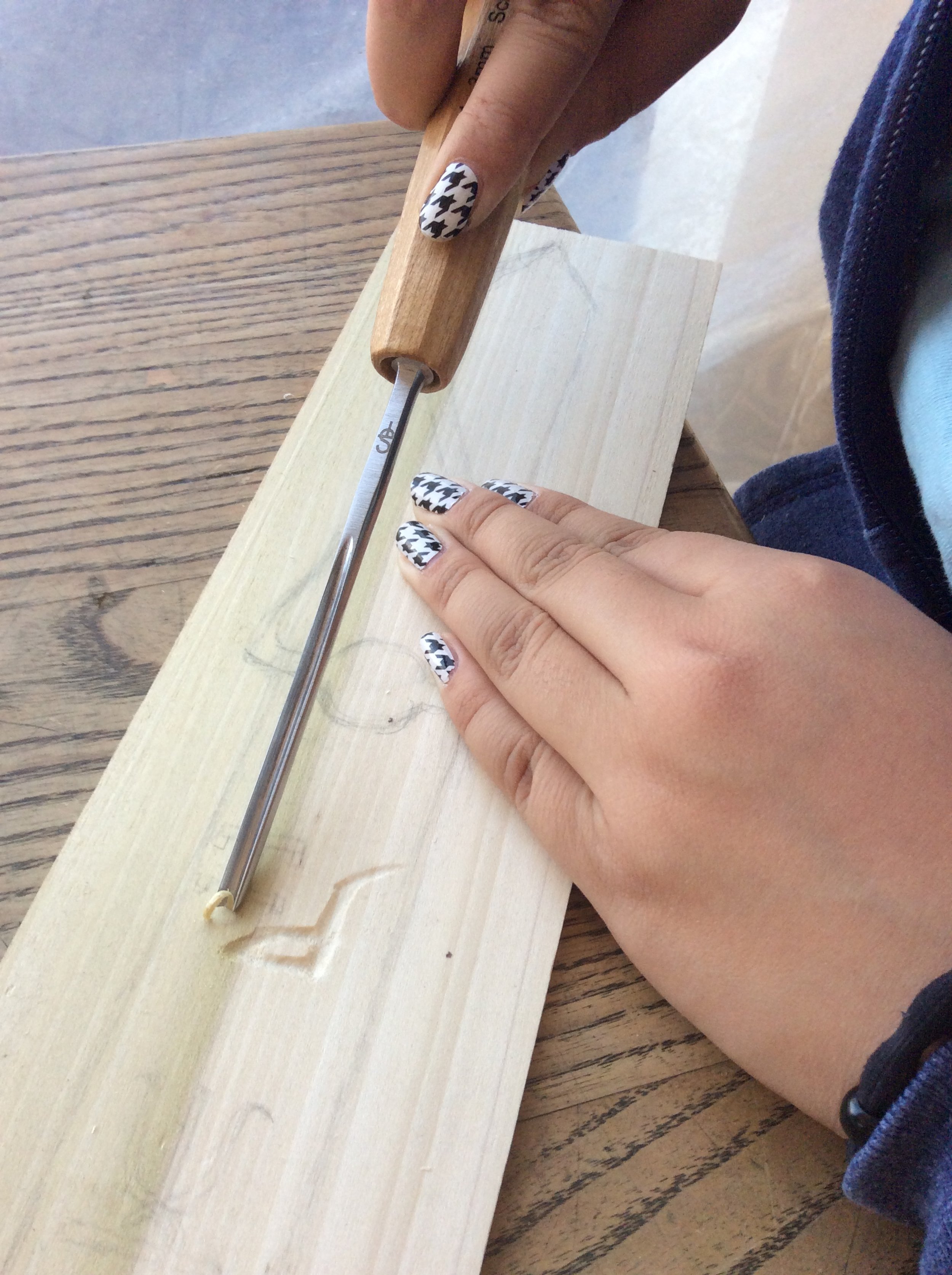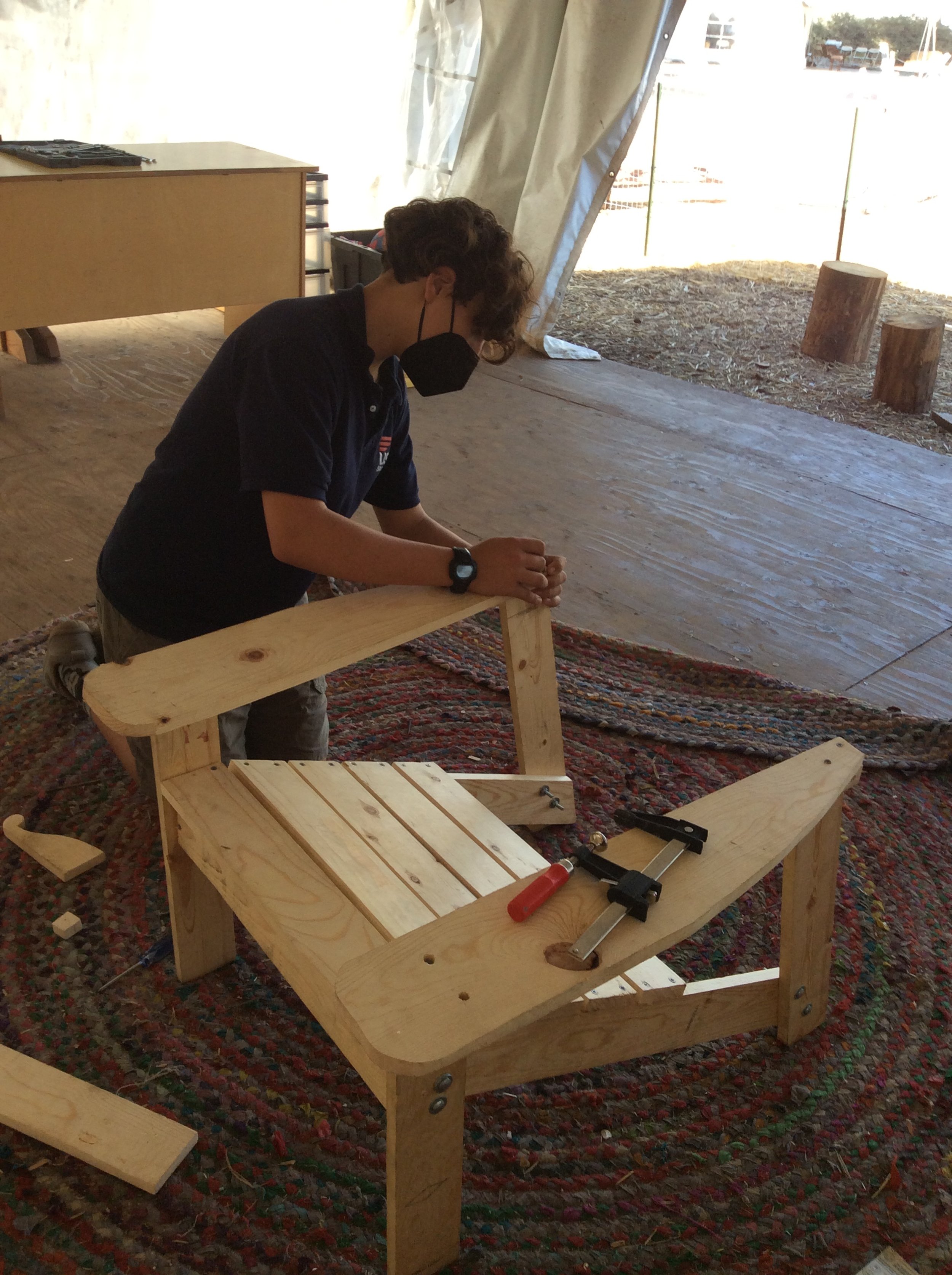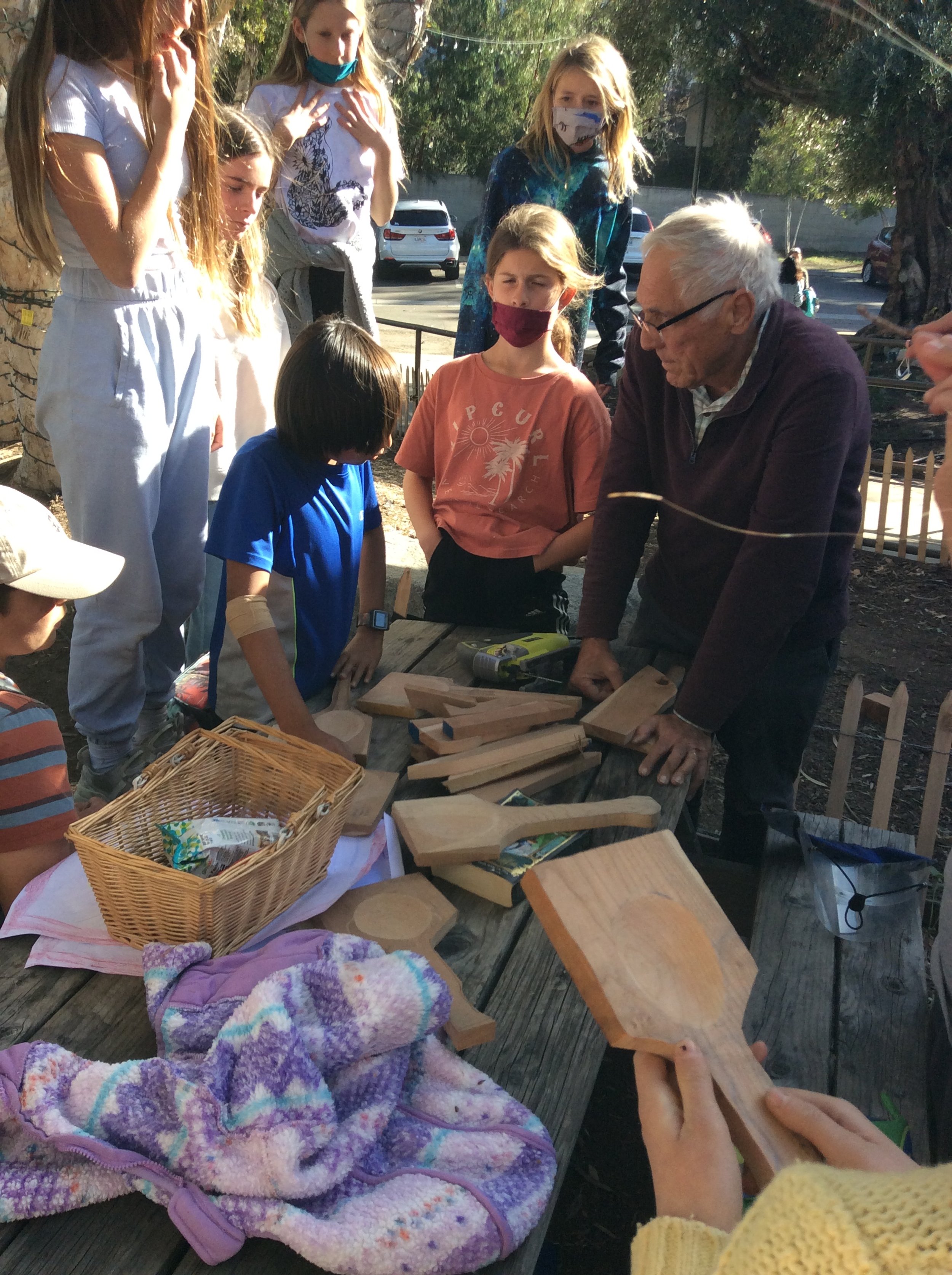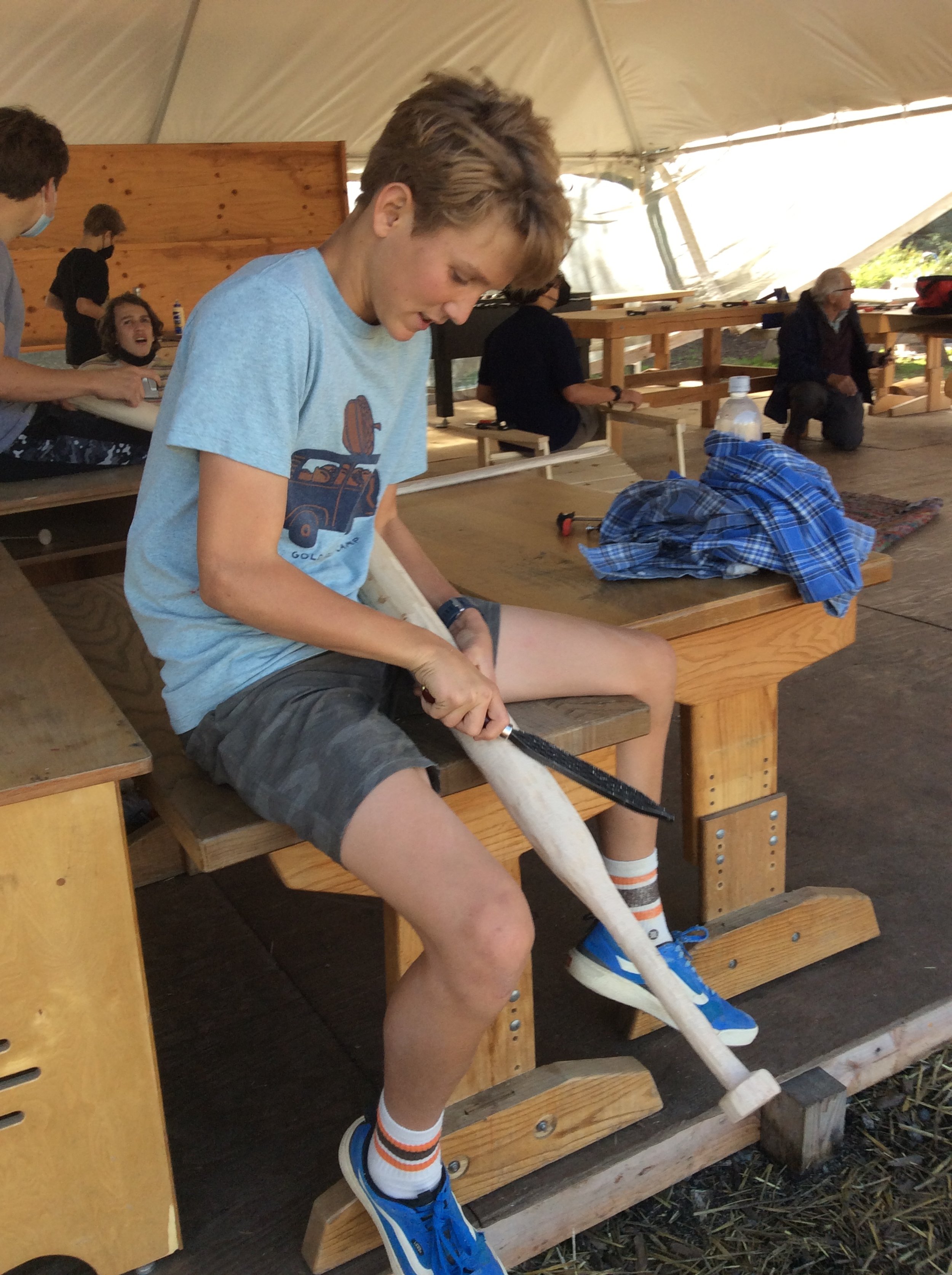Woodworking & The Value of Hands-On Learning in Waldorf Education
"Tell me and I forget. Teach me and I remember. Involve me and I learn." How true this is! Most of us learn best by doing, by personally experiencing something when it is new to us. Doing while learning helps us to remember new information as it gives us the chance to apply it to real life experiences. This helps us to make lasting connections instead of simply trying to force rote bits of information into our minds that will soon fade away in the absence of connection.
Rudolf Steiner (1861 – 1925), the founder of Waldorf education, felt that it was equally important for students to work with their hands as it was to work with their minds: “Children who learn while they are young to make practical things by hand in an artistic way, and for the benefit of others as well as for themselves, will not be strangers to life or to other people when they are older. They will be able to form their lives and their relationships in a social and artistic way, so that their lives are thereby enriched. Out of their hands can come technicians and artists who will know how to solve the problems and tasks set for us.”
Jean Piaget (1896 – 1980), a renowned Swiss psychologist known for his work in child development, also saw tremendous value in children working with their hands. He believed that, “Schooling intricate manual skills was essential for the development of intelligence,” and that, “The mental operations we carry out only function properly when they are prepared by physical actions.” Piaget believed that mental operations of logic (thinking, reaching conclusions, forming judgements, and comprehension) are a direct result of activity and movement. While modern-day education commonly omits experiential learning, the realities set forth by Steiner and Piaget remain very much alive today at Sanderling Waldorf School, where learning through doing and making are fundamental to the curriculum. Sanderling students benefit from movement-based subjects every single day such as Handwork, Eurythmy, Gardening, Music, Art, Theater, Movement & Games, and Woodwork.
In this feature we highlight experiential learning in our middle school program – specifically in the context of woodworking which students begin to do in 6th grade when they are naturally ready to meet the physical resistance in front of them using their force and their will. This comes at a time when adolescents need an appropriate challenge that will equip them with perseverance and will help them develop confidence when overcoming that challenge. They work diligently to create wooden spoons, bowls, boxes, and other items that can be put into use every day, giving them a deep sense of satisfaction, pride, and competence when they finish the project. Using only hand tools, students concentrate on exactness in the use of those tools and develop endurance and skillfulness of hand. This helps to train the children’s senses, and their wills, and enhances their understanding of other subjects that involve physical objects.
Sanderling’s Pedagogical Director, and Woodworking teacher, Michael Knauss, shared insights into additional ways his students benefit from woodworking: “Woodworking also connects students to the earth, broadening their respect and understanding for what materials that the earth provides. That’s the problem today, children are too disconnected from the earth and, oftentimes, only meet it through a screen. Working with, and experiencing, materials from the earth counteracts that disconnection.” What’s more, gaining a respect for the source of materials is the first stage a child can take towards developing individual responsibility and resourcefulness.
Sanderling Waldorf students are so fortunate to have these valuable educational experiences every single day at school. Undoubtedly this is one big reason why our students do not get bored while at school and why there appears to be a noticeable absence of unwanted behaviors. Experiential learning is interesting, engaging, fun and satisfying to them! This would also explain why students commonly run into our front doors every single morning, eager and ready to learn! It is exciting to consider that enthusiasm for learning will likely stay with each of these children for their entire lifetime.





